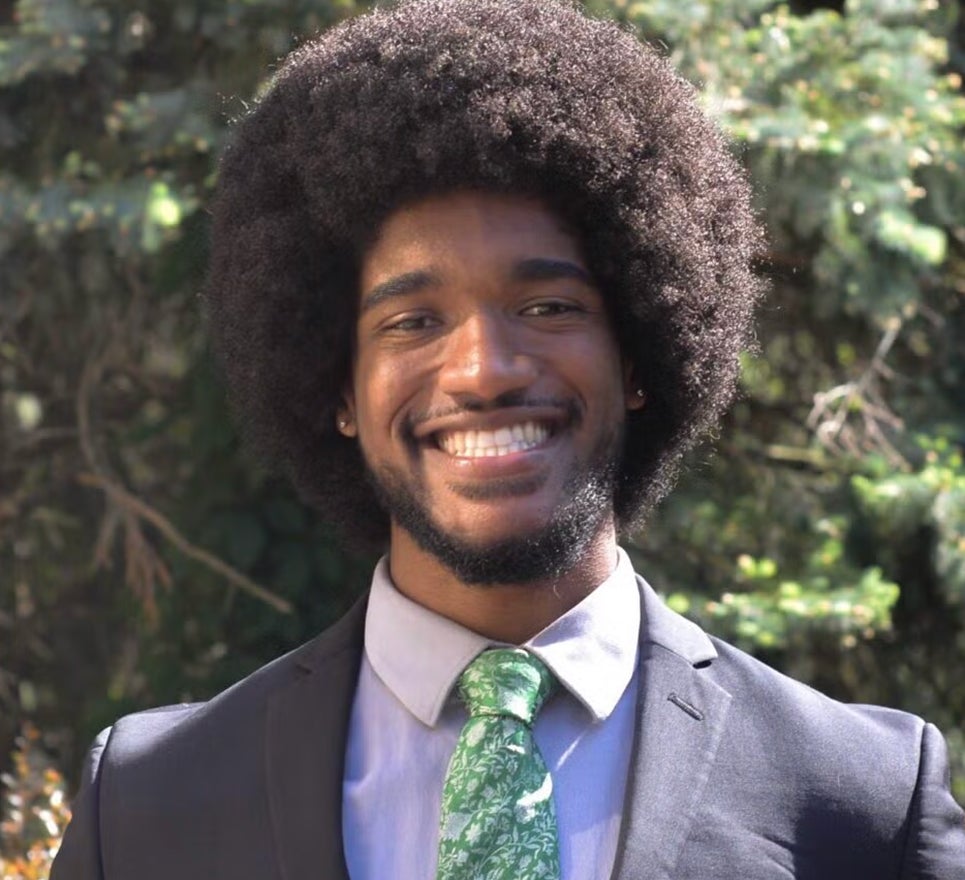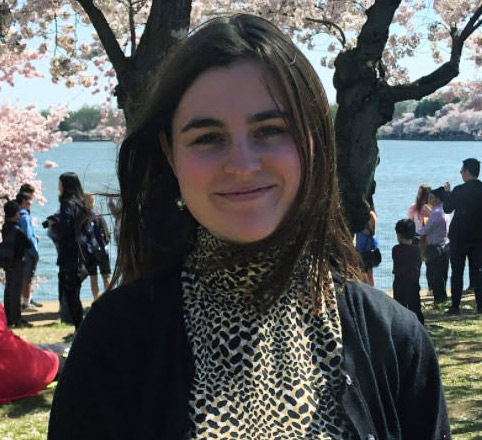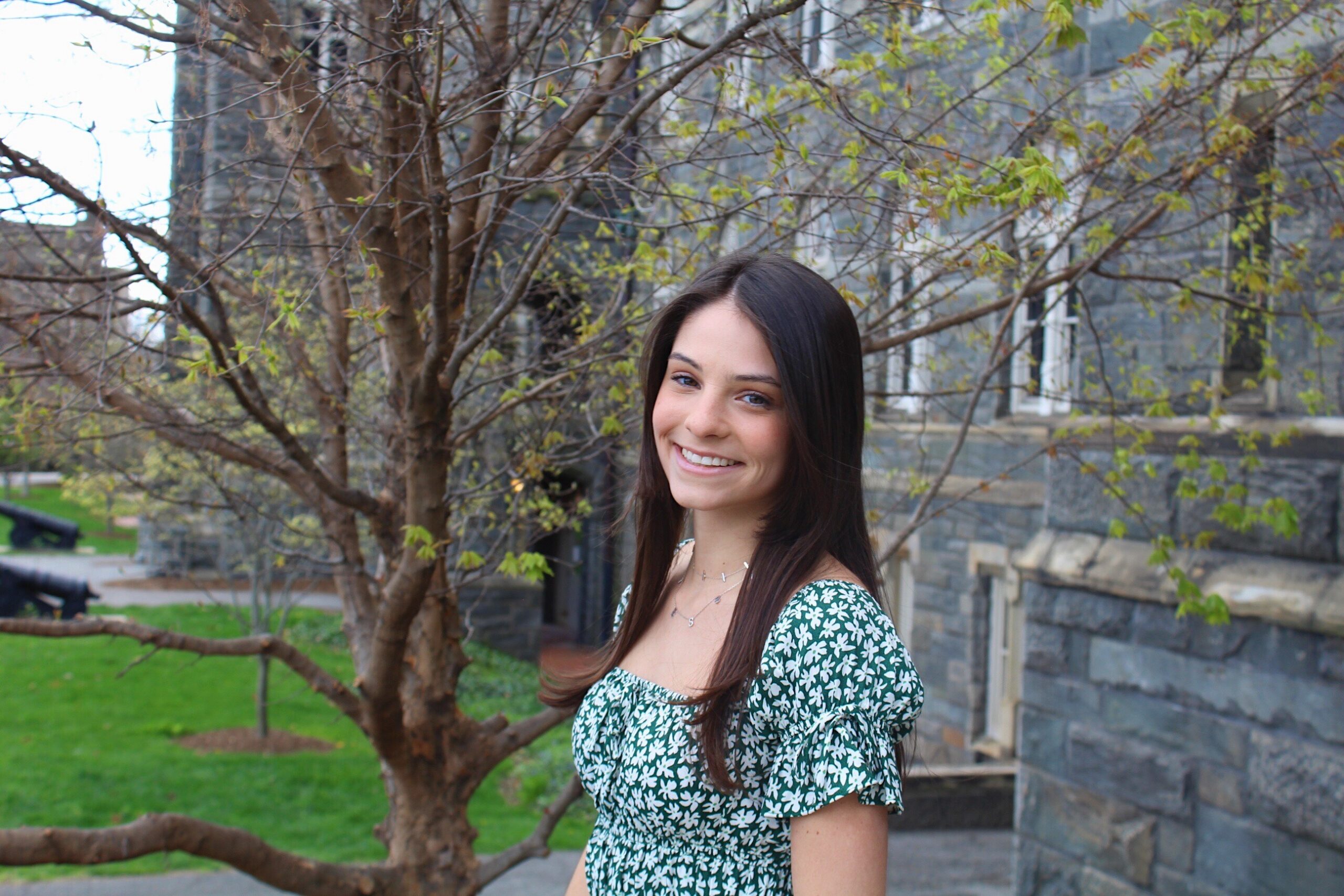I would recommend IDST to anyone with a creative spirit, love of the unknown, and desire to weave their passions together.
Interdisciplinary Studies Major
The Interdisciplinary Studies Major is a key part of the College of Arts & Science’s strategy to enhance undergraduate research and to support interdisciplinary approaches to complex problems.
The College has awarded a degree in Interdisciplinary Studies (AB-IDST) for the last several decades. Students in the Major design their own academic programs around big research questions, guided by two College faculty mentors and a dean, who leads the program.
Interdisciplinary Studies Majors integrate methods and ways of knowing from distinct disciplines in order to approach meaningful and insistent questions. Majors develop their plan and approach to their research with the guidance of their advisors. The thesis project may be a traditional written thesis or may be an experimental or creative project (with the approval of support of the faculty advisors and the Program Director).

The Interdisciplinary Studies (IDST) major is typically developed during the sophomore year with the guidance of faculty from the integrated disciplines. College sophomores in good academic standing may apply. The program presupposes that most of the student’s core requirements will have been fulfilled prior to beginning the Major.
Successful IDST Majors must be self-motivated and independent, able to ask, pursue, and reframe questions across courses. IDST Majors must take responsibility for designing their own major in collaboration with two faculty advisors and the IDST Major Dean (Dr. Bernie Cook).

I felt more intellectually equipped to study and practice sustainability, ecology, conservation and agriculture…
Bridging knowledge and methods from Justice & Peace Studies and Environmental Studies
Akil’s thesis took the form of a brief, four-episode podcast miniseries called Peace of Earth. In it, Akil invites listeners to think differently about peace, sustainability, and the world’s social and environmental challenges. He does so by introducing comparative case study research he conducted on two environmental organizations that use gardening, farming, and other land-based projects to positively impact their respective communities (in Columbia, Maryland and Cape Town, South Africa).
Listen to Peace of EarthA viable proposal for an IDST major must span two or more departments or programs in the College. A full-time faculty member from each of the departments or programs must commit to serving as a major advisor and thesis reader (with the approval of the appropriate Department Chair or Program Director). The applicant should select a balance of coursework from each discipline in order to pursue their research questions. Students may propose to build an IDST major from an approved interdisciplinary program offering a free-standing Minor with the support of appropriate faculty.

“…with this program I had the agency to create not only my own course path, but also the individual courses themselves with my advisors.”
The proposal will include a 1-2 page introduction to the proposed topic that justifies the major and outlines the research questions that guide the course of study. In consultation with faculty advisors, the student should identify 12–14 courses from College departments or programs that deliver breadth and depth in the disciplines to be explored. The curriculum should include up to 4 introductory courses, up to 4 intermediate courses, and a minimum of 4 upper-level courses. Each IDST Major must complete at least one capstone course or senior seminar (this may be a tutorial course taken with a faculty advisor). The Major is understood to involve 4 semesters in residence on the main campus (IDST Majors may not graduate early after 3 semesters). IDST Majors must receive endorsement from their faculty advisors and approval from the Program Director in order to study abroad as part of the Major. At the end of each semester, IDST Majors will produce reflective summaries of their learning across their classes. In the fall of senior year, IDST Majors will produce a statement of integration, an updated and expanded annotated bibliography, and a thesis rationale. IDST Majors must produce a senior thesis project that explores the key questions and integrates their curriculum.
“…the interdisciplinary program allowed me to explore the intersections of the academic fields that I was most passionate about: criminal justice reform and psychology.”
IDST Major Information
Applications for the IDST major should be made in the spring of the sophomore year to the College Dean’s office. Students must convey preliminary interest to Dean Bernie Cook, IDST Major Program Director, by February 1 of their sophomore year. Final proposals are due by March 1. Interested students should submit their IDST Major Proposal form and ask their Faculty Advisors to complete The IDST Major Faculty Advisor Form (one form per advisor).
“IDST gave me confidence that I can achieve whatever I set my mind to, even if that thing doesn’t exist yet.”

